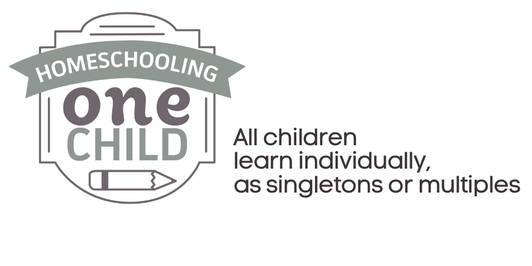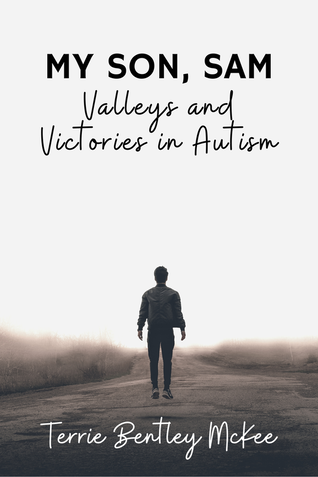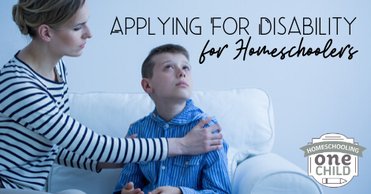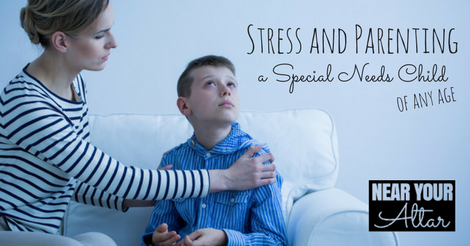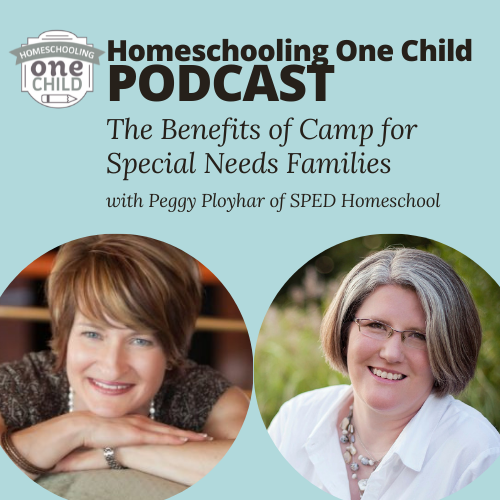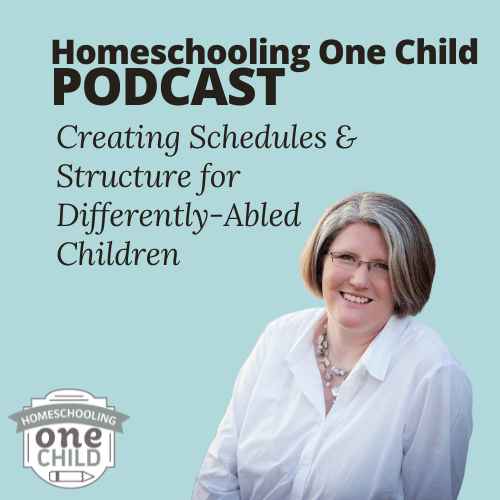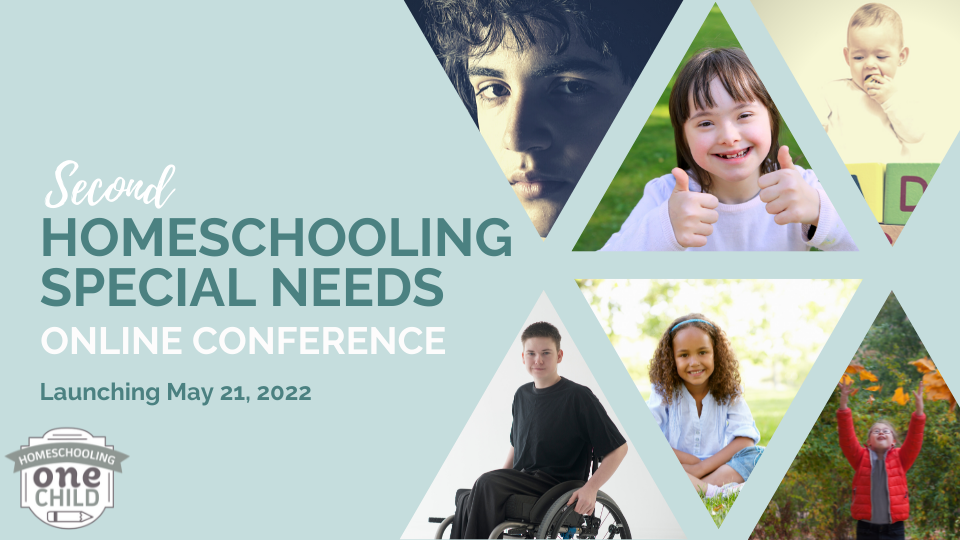- Home
- Blog
- Podcast
-
Resources
- Teach What is Good Devotional
-
Convention Resources
>
- Homeschooling a Teen with Autism
- Tips on Creating a Disability-Inclusive Church
- How to Teach Your Exceptional Child about Faith
- Homeschooling Preschoolers with Autism
- How to Pick Developmentally Appropriate Curriculum for your Autistic Child
- Overwhelmed
- Homeschooling One Child
- Life Skills Chickens
- Strategies on Homeschooling Kids with Special Needs
- About Us >
- Vlog
- Homeschooling News
- Printables
- Special Needs
- Curriculum
- Encouragement
- Home Management >
- History
- Science
- 25 Days of Advent
- Courses
- Store
Homeschooling a Teen with AutismTools and resources mentioned in this convention session (some of these may be affiliate links, which help support this website and our ability to help others. We appreciate your understanding and support):
Taking Care of Myself: A Hygiene, Puberty, and Personal Curriculum for Young People with Autism by Mary Wrobel. Puberty can be especially tough when young people have autism or other special needs. Through simple stories similar to Carol Gray's Social Stories® , author Mary Wrobel teaches caregivers exactly what to say (and not say) and shows how you can create helpful stories of your own. Mary addresses hygiene, modesty, body growth and development, menstruation, touching, personal safety, and more. Young students can benefit from self-care skills such as using the toilet, brushing teeth, and washing hands. Parents and teachers should begin teaching these necessary skills as early as possible, even from ages three to five. The ultimate goal is to maximize the child's potential for independence and lifelong social success. LINK TO PURCHASE The Autism-Friendly Guide to Periods by Robyn Steward. Written by autistic author Robyn Steward, this is a detailed guide for young people aged 9 to 16 on the basics of menstruation. Created in consultation with young people, an online survey and a group of medical professionals, this is a book that teaches all people about periods, which can be a scary and overwhelming issue. Promoting the fact that everyone either has periods or knows someone who does, the book reduces the anxiety girls face in asking for help. It offers direct advice on what periods look and feel like and how to manage hygiene and pain. It also breaks up information using flaps and step-by-step photos of how to change pads and tampons, it discusses alternatives to tampons and pads, and gives information about possible sensory issues for people with autism. LINK TO PURCHASE What's Happening to Tom?: A book about puberty for boys and young men with autism and related conditions (Sexuality and Safety with Tom and Ellie) by Kate E. Reynolds. Tom notices that his body is changing. Tom's voice is different and hair is growing in new places. There are other changes happening too. Tom learns that he has started growing into a man. Following Tom as he begins to notice changes to his body, this simple resource helps parents and carers teach boys with autism or other special needs about puberty. It covers all the changes that they will experience, both emotional such as new feelings and physical such as wet dreams. This fully illustrated positive and entertaining book provides the perfect opportunity to talk about puberty with boys and young men with autism or special needs. LINK TO PURCHASE Tools and Resources Indoor Trampoline (adult size) LINK TO PURCHASE Hopscotch Rug LINK TO PURCHASE Duplo LINK TO PURCHASE Legos LINK TO PURCHASE Minecraft LINK TO PURCHASE The Terrible Teens: Managing a Teen with AutismFor most parents, one of the most trying times in their lives is during their child’s teenage years. When puberty hits, young adults go through serious changes in their bodies and minds, and parents have little or no control over many situations.
In an autistic child, puberty is no different. Although your autistic child is not experiencing puberty in quite the same ways as others his or her age, major hormonal changes still occur in the body. This can lead to extreme results, and this can be either good or bad depending on how your child reacts to the new hormone levels. One of the scariest side effects of changes in an autistic person’s body is the onset of seizures. Many autistic individuals experience seizures from birth to adulthood, but even if your child does not suffer from these episodes, he or she may begin to experience seizures during puberty and afterwards, due to the new levels of hormones in the body. Strange as it may sound, violent shaking seizures are not necessarily a bad thing. Almost a quarter of autistic children experience seizures, but many go undetected because they are not textbook versions of seizures. If you recognize that your child is experiencing a seizure, you can do something about it, and doctors will be able to better treat your child. However, if the seizures are subconsciously happening, you and your child may not realize it. The result of these small hidden seizures can be a loss in function, which can be devastating, especially if you child was improving before puberty. Regular check-ups during puberty, therefore, are extremely important. The changes might not necessarily be a bad thing. New hormone levels in the body and the other changes associated with puberty might help your autistic child grow and succeed in areas in which he or she normally had no skill or interest. Many parents report that their child’s behavior improved, and that learning in social settings was easier. The important thing about puberty is to learn to monitor the changes in your child very carefully and to ask your doctor lots of questions. Remember that puberty is a difficult experience for any young adult, and so it will be even more difficult for someone with autism. Try to practice patience and understanding with your teen and be careful to regulate his or her autism so that the transition from child to adult will go more smoothly. Coming February 2025:
|
(C) 2023 Terrie Bentley McKee ALL RIGHTS RESERVED
- Home
- Blog
- Podcast
-
Resources
- Teach What is Good Devotional
-
Convention Resources
>
- Homeschooling a Teen with Autism
- Tips on Creating a Disability-Inclusive Church
- How to Teach Your Exceptional Child about Faith
- Homeschooling Preschoolers with Autism
- How to Pick Developmentally Appropriate Curriculum for your Autistic Child
- Overwhelmed
- Homeschooling One Child
- Life Skills Chickens
- Strategies on Homeschooling Kids with Special Needs
- About Us >
- Vlog
- Homeschooling News
- Printables
- Special Needs
- Curriculum
- Encouragement
- Home Management >
- History
- Science
- 25 Days of Advent
- Courses
- Store
